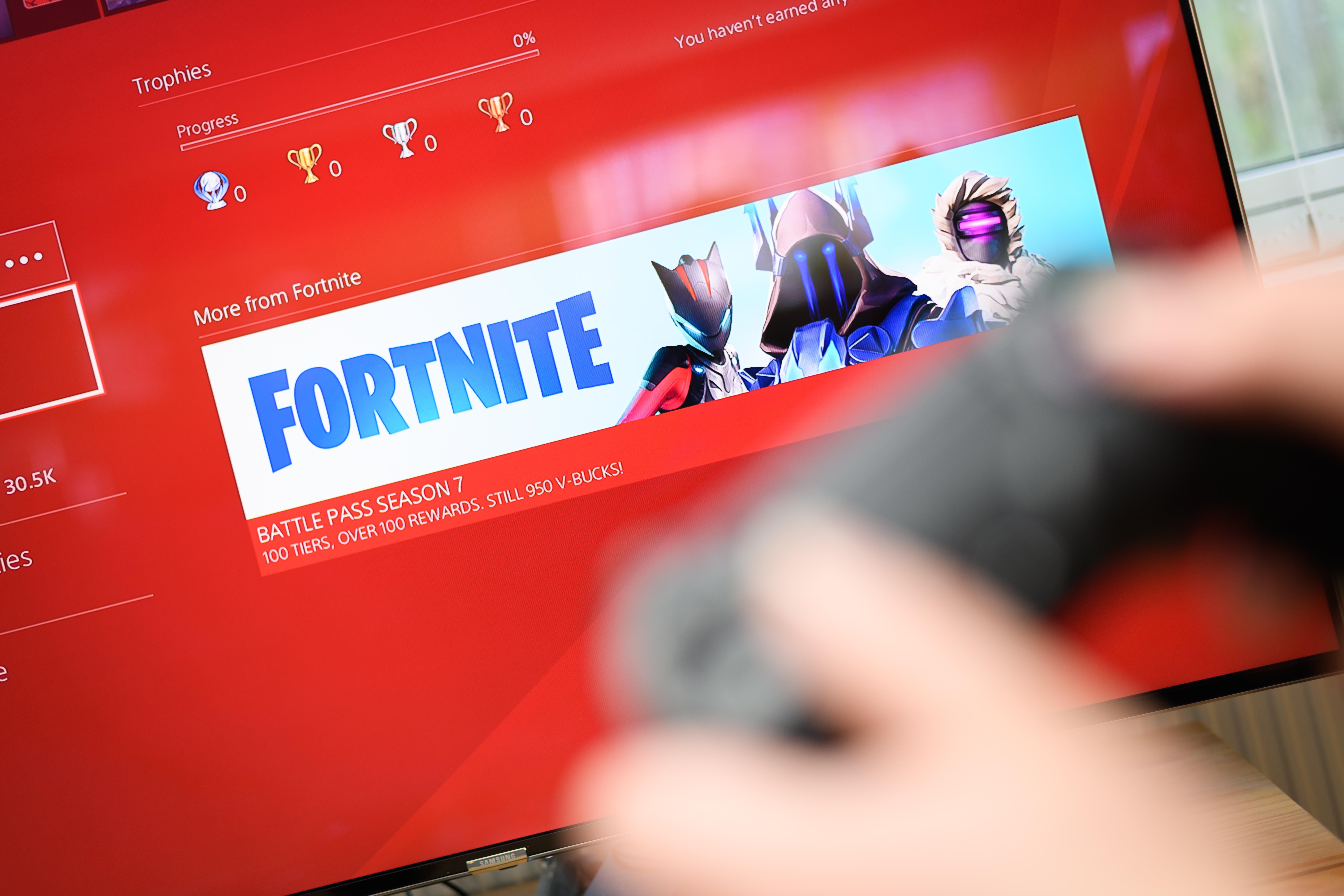Canadian judge approves lawsuit by parents who say children stopped eating and sleeping to play Fortnite
One of the parents claims their son played the game nearly 7,000 times

Your support helps us to tell the story
From reproductive rights to climate change to Big Tech, The Independent is on the ground when the story is developing. Whether it's investigating the financials of Elon Musk's pro-Trump PAC or producing our latest documentary, 'The A Word', which shines a light on the American women fighting for reproductive rights, we know how important it is to parse out the facts from the messaging.
At such a critical moment in US history, we need reporters on the ground. Your donation allows us to keep sending journalists to speak to both sides of the story.
The Independent is trusted by Americans across the entire political spectrum. And unlike many other quality news outlets, we choose not to lock Americans out of our reporting and analysis with paywalls. We believe quality journalism should be available to everyone, paid for by those who can afford it.
Your support makes all the difference.A Canadian judge has approved a lawsuit brought by Quebec parents who claim their children became addicted to popular online video game Fortnite.
Justice Sylvain Lussier issued the ruling on Wednesday after hearing arguments in July regarding the class-action request from three parents who described how their children had symptoms of severe dependence after playing the game.
“The court concludes that there is a serious issue to be argued, supported by sufficient and specific allegations as to the existence of risks or even dangers arising from the use of Fortnite,” the judge ruled, noting that the action “does not appear frivolous or manifestly ill-founded”.
The parents claimed their children would become so engrossed in the game that they would forgo sleeping, eating and showering.
They also alleged Fortnite was deliberately made highly addictive and had a lasting effect on their children.
The judge, however, refused to acknowledge that. “The court finds that there is no evidence for these allegations of the deliberate creation of an addictive game. This does not exclude the possibility that the game is in fact addictive and that its designer and distributor are presumed to know it.”
One of the parents claimed in the lawsuit that their son had played the game 6,923 times and got angry when his parents tried to limit his game time, including by putting a lock on the computer.
All parents alleged their children had behavioural issues after spending time playing Fortnite.
The lawsuit by the Quebec parents is against Epic Games, the makers of the online video game, and its Canadian subsidiary.
Epic Games said there is not sufficient evidence that video-game dependence is not a recognised condition in Quebec and added that the American Psychiatric Association said there was insufficient evidence to classify it as a unique mental disorder.
“The fact that American psychiatrists have requested more research or that this diagnosis has not yet been officially recognised in Quebec does not make the claims in question ‘frivolous’ or ‘unfounded,”’ the judge said.
Join our commenting forum
Join thought-provoking conversations, follow other Independent readers and see their replies
Comments